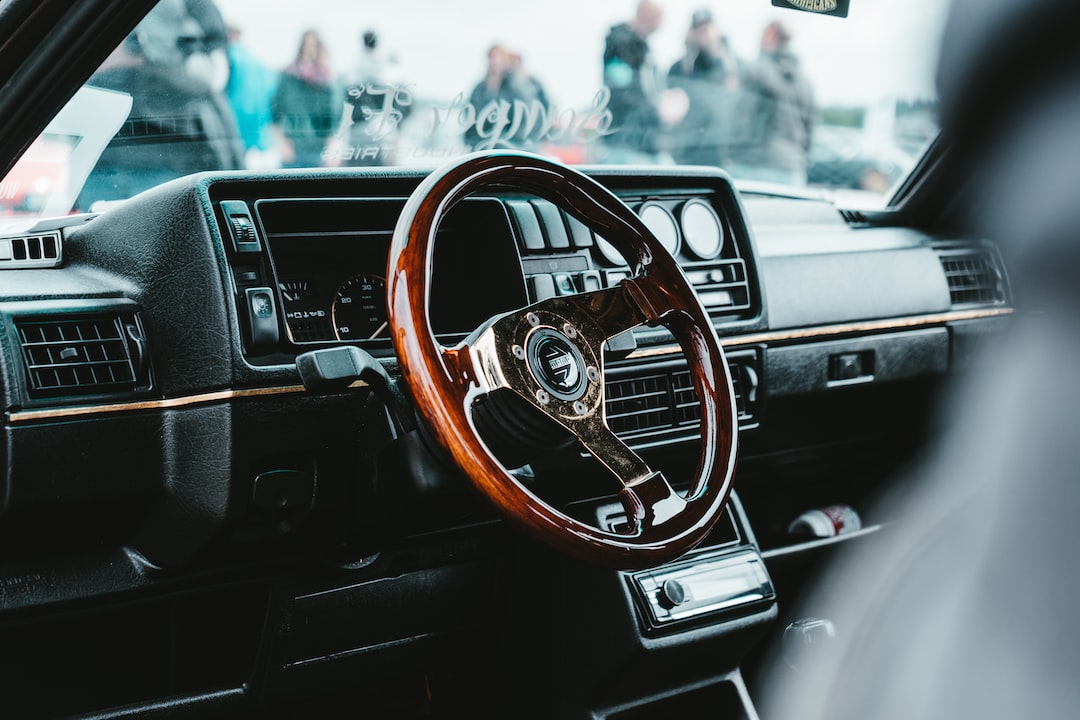How to Prevent and Repair Common Car Paint Damage
Your car’s paint job not only enhances its appearance but also protects it from rust and other types of corrosion. However, with daily use and exposure to various elements, your car’s paint can get damaged over time. Fortunately, there are preventative measures you can take to avoid common car paint damage, and effective methods to repair it if damage does occur. In this blog post, we will discuss some tips to prevent and repair common car paint damage, helping you keep your vehicle looking its best for years to come.
Preventing Car Paint Damage:
1. Regular Washing and Waxing: Regularly washing your car eliminates dirt, dust, and other particles that can potentially scratch or damage the paint. Additionally, applying a coat of wax after washing creates a protective layer that helps repel water, dust, and other contaminants.
2. Park in Shade: Excessive exposure to the sun can cause the paint to fade over time. Whenever possible, park your car in a shaded area or use a car cover to protect it from the harmful effects of UV rays.
3. Avoid Harsh Chemicals: Certain car cleaning products, such as those containing ammonia or bleach, can damage the paint. Always use a pH-neutral car wash shampoo and avoid using abrasive materials while cleaning, such as rough sponges or brushes.
4. Regular Maintenance: Keeping your car well-maintained, including addressing any chips or scratches in the paint, is crucial for preventing further damage. Promptly fixing small issues can prevent them from escalating into larger problems.
Repairing Car Paint Damage:
1. Touch-up Paint: For small chips or scratches, touch-up paint can be a cost-effective solution. Clean the damaged area thoroughly, apply the paint according to the instructions, and allow it to dry completely. Finish by applying a clear coat for added protection.
2. Compound and Polish: For deeper scratches, you may need to use a compound and polish to restore the paint’s shine. Apply a small amount of compound onto a microfiber cloth and gently rub it into the scratch in a circular motion. Follow up with a polish to restore the glossy finish.
3. Professional Help: If the damage is extensive or if you are unsure about repairing it yourself, it is best to seek professional assistance. Professional detailers have the expertise and tools to fix any paint damage effectively.
4. Paintless Dent Repair: Dent damage on your car’s body can be repaired through a process known as paintless dent repair (PDR). PDR involves massaging the dent out from the inside of the panel, without the need for repainting. This method is cost-effective and maintains the original paint finish.
5. Rust Prevention: If you notice any signs of rust on your car’s paint, it is crucial to address it immediately. Use a fine grit sandpaper to gently remove the rust, and then apply a rust converter to stop it from spreading. Finally, touch up the paint to restore the car’s original appearance.
Conclusion:
Maintaining the paint on your car not only enhances its aesthetic appeal but also protects it from damage caused by various elements. By following these preventive measures, such as regular washing and waxing, parking in shade, and avoiding harsh chemicals, you can significantly reduce the chances of paint damage. In the event that damage does occur, using methods like touch-up paint, compound and polish, or seeking professional assistance will ensure that your car continues to look its best. With proper care and timely repairs, you can keep your car’s paint in great condition for years to come.

